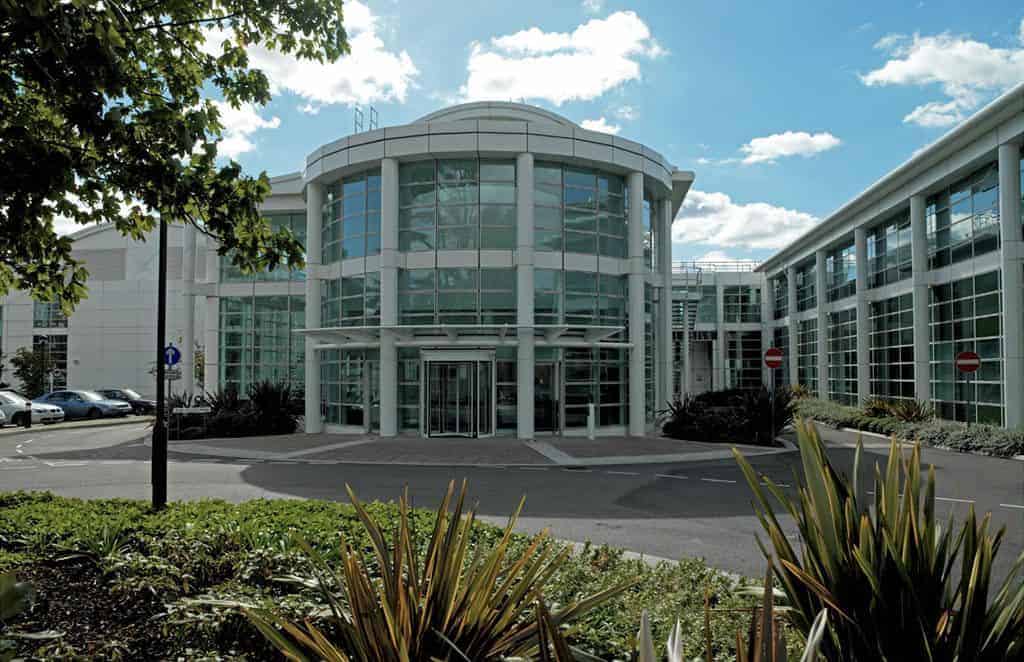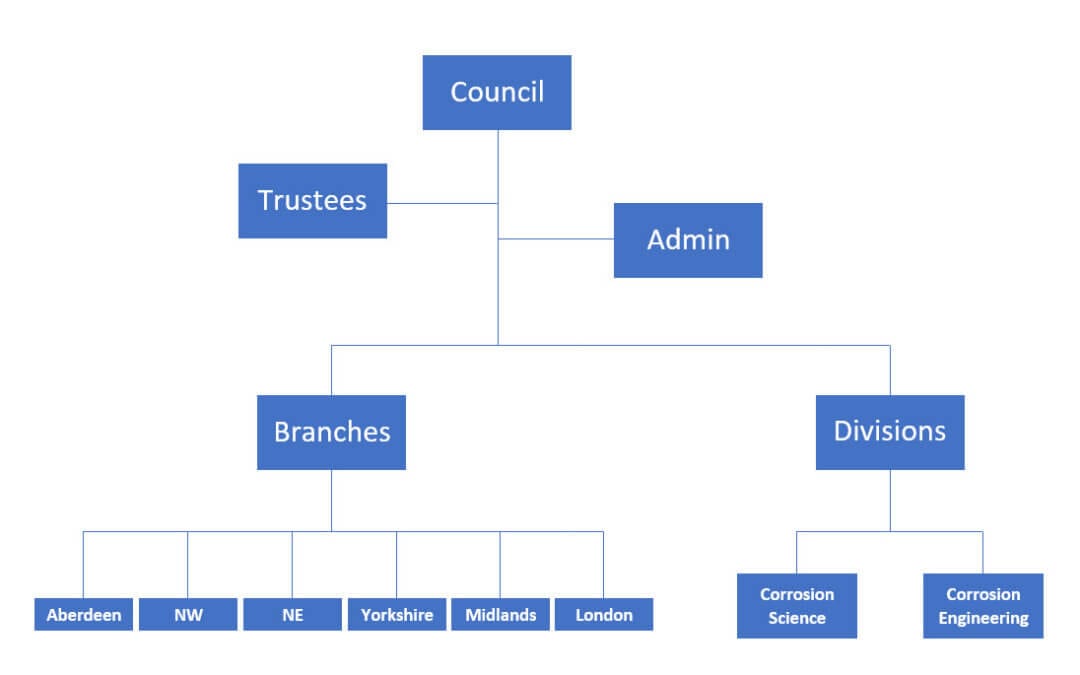The cart is empty!


The Institute of Corrosion is very sad to announce the passing of Dr Michael John Graham FICorr, on August 2nd 2022, at the age of 82.
Over Michael’s long research career, he published more than 250 papers on his work in corrosion science and engineering, including thin oxide film formation on metals and semiconductors, surface passivation, high temperature oxidation, and the application of surface analytical techniques to degradation of materials. The outstanding nature of his work was recognised by the Institute through the receipt of both the U. R. Evans Award (1994) and the T. P. Hoar Award (1983). He was made a Fellow of the Institute in 1984.
Michael had a distinguished 36 year career at the National Research Council of Canada, starting as a Post-Doctoral Fellow and retiring in 2005 as a Researcher Emeritus. In addition to his ICorr awards, he received the W. R. Whitney Award (2003) and the H. H. Uhlig Award (1997) from NACE, and was Chair of the International Corrosion Council (1996), Chair of the Gordon Research Conference on Corrosion (1985), Co-chair of the 9th International Congress on Metallic Corrosion (1984), and Fellow of NACE (1994).
His leadership responsibilities at the National Research Council of Canada included, Head of Metallic Corrosion and Oxidation, Head of Chemical Characterisation, Head of Surfaces and Interfaces, and Chemistry Division representative to NRC-wide planning and management committees.
He will be particularly remembered for his love of the Gordon Research Conferences on corrosion where he was an active participant in the science and recreational aspects of all but one conference over 47 years. He will be remembered for his sharp mind, determination, fairmindedness, soft-spoken nature, and genuine kindness.
In addition to his love for research in surface science, he was an avid golfer, captained his cricket club in Ottawa,
and played bridge nearly weekly with close friends for over 40 years. Michael was educated at the Creighton School, Carlisle, and the University of Liverpool (B.Sc. with Distinction, 1961; Honours Chemistry, 1962, Ph.D., Surface Chemistry, 1965). In 1998, he was awarded the Honorary Degree of D.Sc. for his contributions to science. He was also a proud recipient of the Queen Elizabeth Diamond Jubilee Medal (2002).
Michael is survived by his wife and best friend of many years, Lynda Pilkington, his daughter, Karen Lavallee, his sons, John and Andrew, and the mother of his children, Marion Payne.
Adapted from: The Electrochemical Society Interface
31 45 – Winter 2022, www.electrochem.org

BIRMINGHAM 1-Day CONFERENCE – A Special Awards-Driven Event covering 4 Main Themes – Electrochemistry, Cathodic Protection, Production Chemistry and Protective Coatings.
To be held at BIRMINGHAM COUNCIL HOUSE – Located in the centre of Birmingham, the Council House is a marvellous Grade II* listed building of exceptionally crafted detail.
Event Registration: To apply: please email completed form attached to admin@icorr.org

Members often ask what the organisational structure of the Institute is, and to answer this, a series of articles has been planned, starting with an overview of the Institute’s structure.
The Institute of Corrosion is a not-for-profit organisation, dedicated to putting its members at the heart of the global corrosion prevention community and ensuring that all that is done is aligned to its core values:
• Trust and respect
• Experts and leaders in the field
• Innovative and forward-thinking
• Supportive and inclusive
The organisational structure is the framework that enables this, and in which many talented and hard-working corrosion professionals help us to achieve our goals. The Head Office, Corrosion House, is where all the admin work is conducted, and is located in Northampton, where the staff of three work tirelessly to ensure the smooth running of ICorr.
The Council of the Institute of Corrosion
The Council is like the Board of Directors of a large company. It is the Institute’s highest decision-making body, and every branch, division, and committee, reports to the Council, which is made up of the following members:
• The five trustees/directors
• Branch and division chairs
• Committee chairs
• The chair of Young ICorr
• The technical Editor of Corrosion Management magazine
• Various co-opted members
The Trustees of the Institute of Corrosion
There are five trustees, and these form the ‘committee’ that oversees the routine running of the Institute between Council meetings. The trustees are the following Institute members:
• The President
• The Vice President
• The Immediate Past President
• The Honorary Secretary
• The Honorary Treasurer
Beneath the Council, the structure allows information and operations to flow freely in all directions.
The Branches of the Institute of Corrosion
The six regional branches let us reach deep into the heart of the corrosion community in the UK:
• Aberdeen
• London
• Midlands
• Northeast
• Northwest
• Yorkshire
The work they do, and the networking opportunities they present to our members is vital. The branches have a great deal of autonomy, and run various events, including technical meetings/webinars, workshops, and social events.
Every event within the branches is a networking opportunity, and a chance for members to learn and share ideas, experience, and best practices.
The Two Divisions of the Institute of Corrosion
The two divisions stretch across every part of ICorr.
The Corrosion Engineering Division (CED)
The CED is made up of five working groups which look at specific aspects of our industry. The CED also runs an annual Working Day and Symposium. These Working Groups are:
• Nuclear Corrosion
• Coatings
• Cathodic Protection
• All Energy
• Corrosion in Concrete
The Corrosion Science Division (CSD)
This division consists of representatives from the corrosion research community – primarily academia and research – and runs the annual Corrosion Science Symposium.
Young ICorr
While the experience of senior corrosion professionals is crucial to our industry and to the Institute, equally important are the younger engineers and scientists who are entering and progressing in their careers in corrosion control.
Young ICorr is a vibrant and forward-looking group, through which many initiatives and early-career networks are formed, and from which the corrosion industry leaders of tomorrow will develop.
The Committees of the Institute of Corrosion
Finally, to the committees – without which the Institute could not function effectively. This is where much of the day-to-day work is managed. These teams meet when needed, collaborate with other teams, and ensure that actions agreed are carried out.
The Awards Committee
Responsible for overseeing the portfolio of ICorr awards, and for the nomination of members for external awards. The recognition of excellence both internally and externally helps us to demonstrate the authority with which the Institute operates and the professionalism, knowledge, and expertise of our members.
The Building Management Committee
This committee is responsible for the maintenance and upkeep of our Head Office, Corrosion House. They may not get their hands dirty with building work, but without them we might not have a home!
The Course Approval Board
The education of the corrosion community, at whatever stage of their individual careers, is crucial to the future of our industry, and, indeed, the future of our world. The Course Approval Board is responsible for approving new courses proposed by the Professional Development & Training Committee.
The Professional Development & Training Committee (PDTC)
PDTC is responsible for one of our most important strategies – the development and upgrade of training courses offered by the Institute. To achieve this, PDTC has two sub-committees:
• The Cathodic Protection Governing Board (CPGB), responsible for cathodic protection courses
• The Surface Treatment Governing Board (STGB), responsible for surface treatment courses
The Digital Strategy Committee
In our digital world, it is easier to connect, build networks, and share expertise than ever before. However, to do this effectively, it is essential to develop and follow a strategy that aligns with the goals of the Institute. This is the remit of the Digital Strategy Committee.
The Membership Development Committee
The real strength of the Institute lies in its membership. The broader and deeper our membership is, the more we can offer and provide to them and the global corrosion community.
The Membership Development Committee is responsible for initiatives to increase our membership and highlight the benefits for members.
The Professional Assessment Committee (PAC)
While the Membership Development Committee is responsible for driving up membership applications, it is the PAC that handles membership and upgrade applications.
Correx Limited
Although the Institute is a not-for-profit organisation, our commercial activities are key to the present and future sustainability. However, it is also crucial that the operation of these is kept at arm’s length to satisfy the requirements of the Charity Commission. To ensure this is the case, we registered Correx Limited in 2003 (the name was derived from “Corrosion” and “Exhibitions”). Correx organises all of our commercial activities, and especially the administration of ICATS (Industrial Coating Applicators Training Scheme), which is mandated by the Highways Agency and Network Rail for all coating applicators – and it is also a requirement for many other major structure owners including Oil Companies, Power Generators, and Infrastructure Owners.
It is intended to explore each element of the organisation structure of ICorr in more detail in future articles, to help our members and the wider corrosion community to have a greater understanding of all parts of the Institute and the tremendous amount of work that goes on behind the scenes. If you’re interested in getting involved in any of these activities, please get in touch with us.
